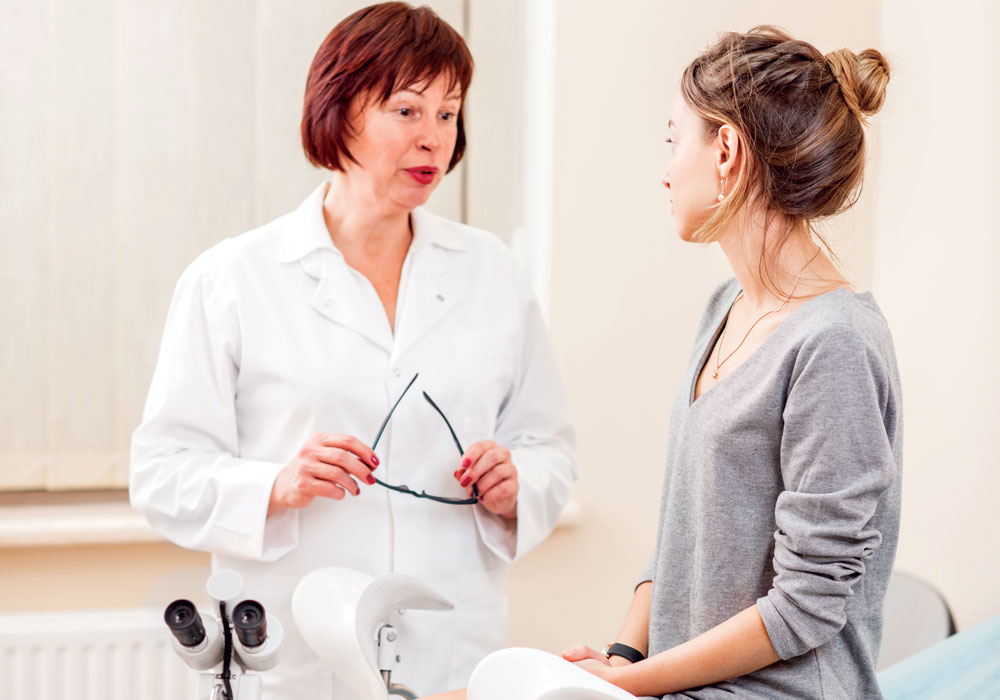Cervical cancer rates have dropped more than 90% among women who received the human papillomavirus (HPV) vaccine, according to the results of a Swedish study published in the New England Journal of Medicine. Global health leaders are calling it a milestone study.
The researchers used data from 1,672,983 girls and women aged 10–30 years who were entered in Swedish demographic and health registries from 2006–2017 to identify associations between HPV vaccination and incidence of invasive cervical cancer until age 31. They found 19 diagnoses in women who had received the vaccine and 538 diagnoses in those who didn’t.
The vaccine was most effective in the women who had received it before age 17, where the incidence rate ratio was 0.12, compared to 0.47 among women who had been vaccinated at ages 17–30 years.
HPV prevention is a priority cancer issue around the world. The International Papillomavirus Society successfully promoted vaccines in a global public awareness campaign to prevent infection and disease. Rates of HPV vaccination have increased among adolescents and teens in the United States, but as of 2018, only half of adolescents had been vaccinated.
“This is a vaccine against cancer, which can save lives,” the study’s primary author, Jiayao Lei, PhD, of the Karolinska Institutet in Stockholm, said.






